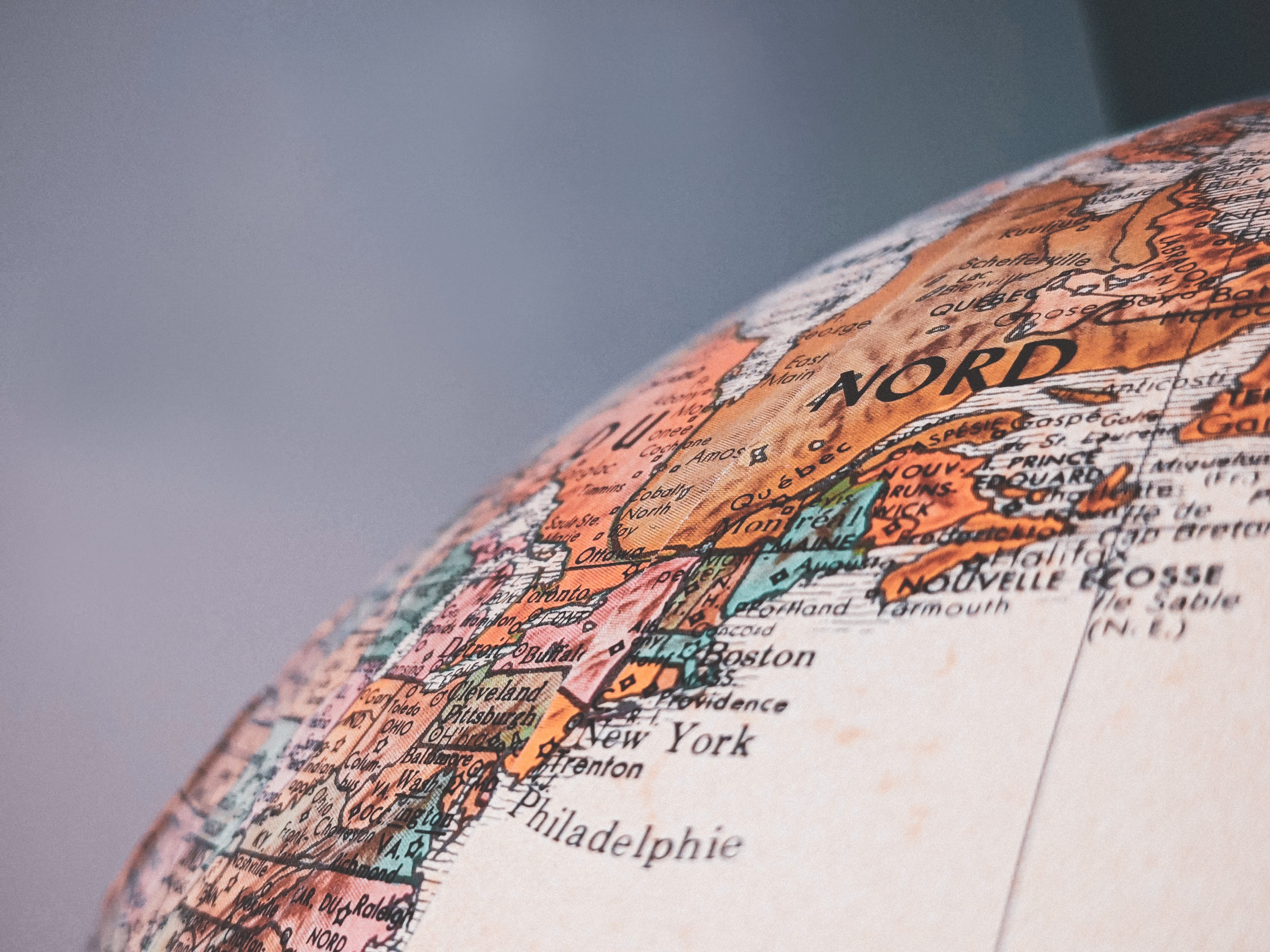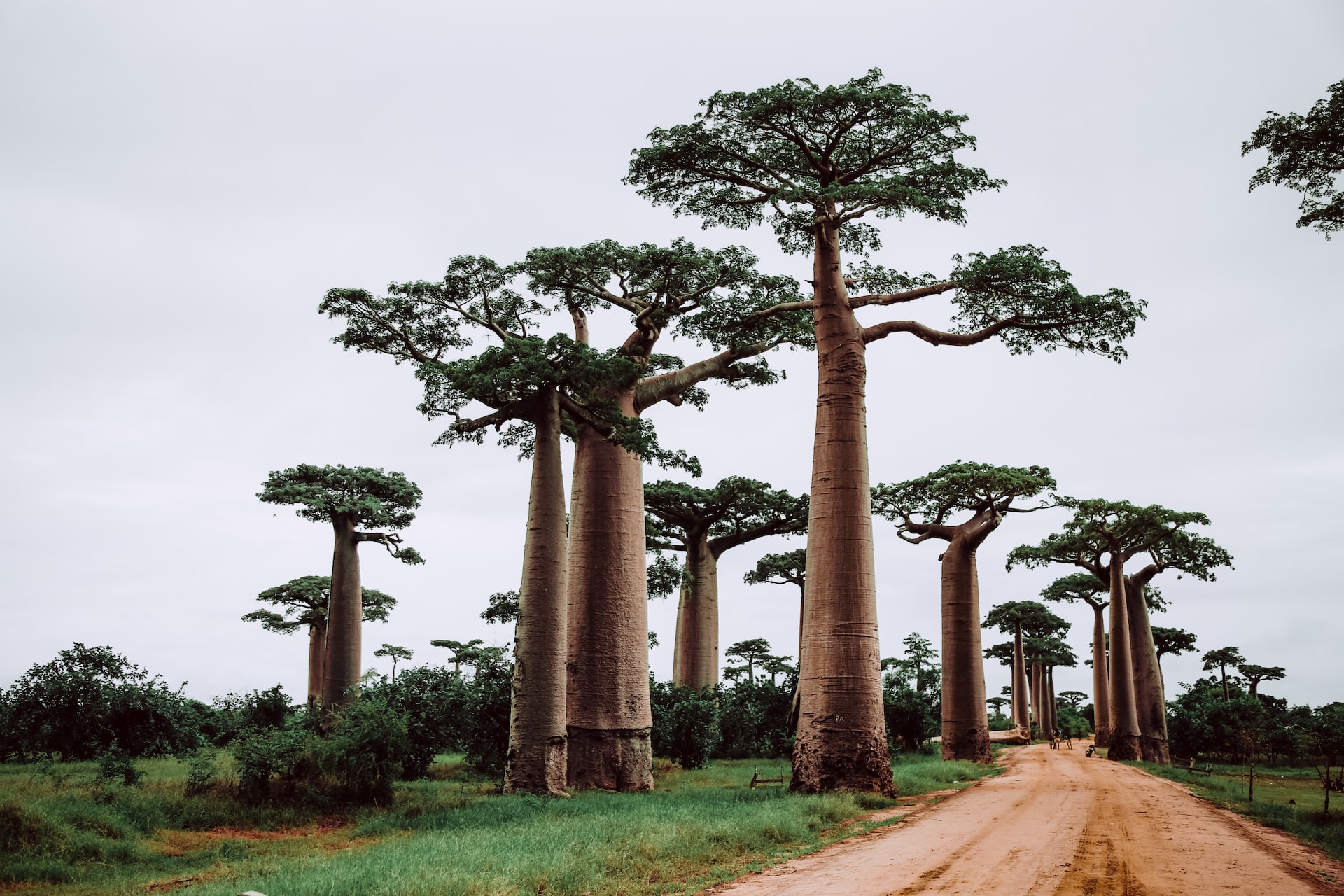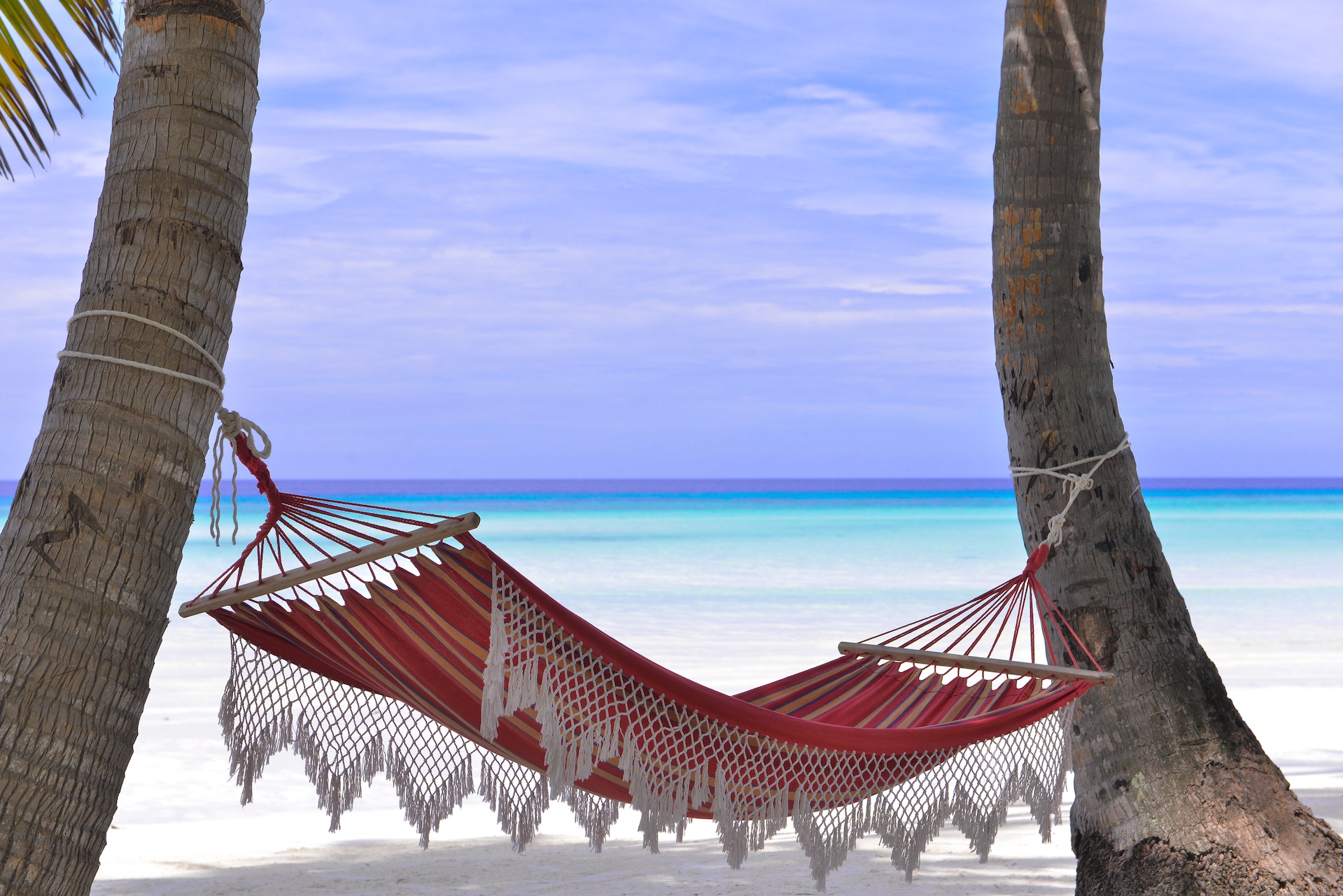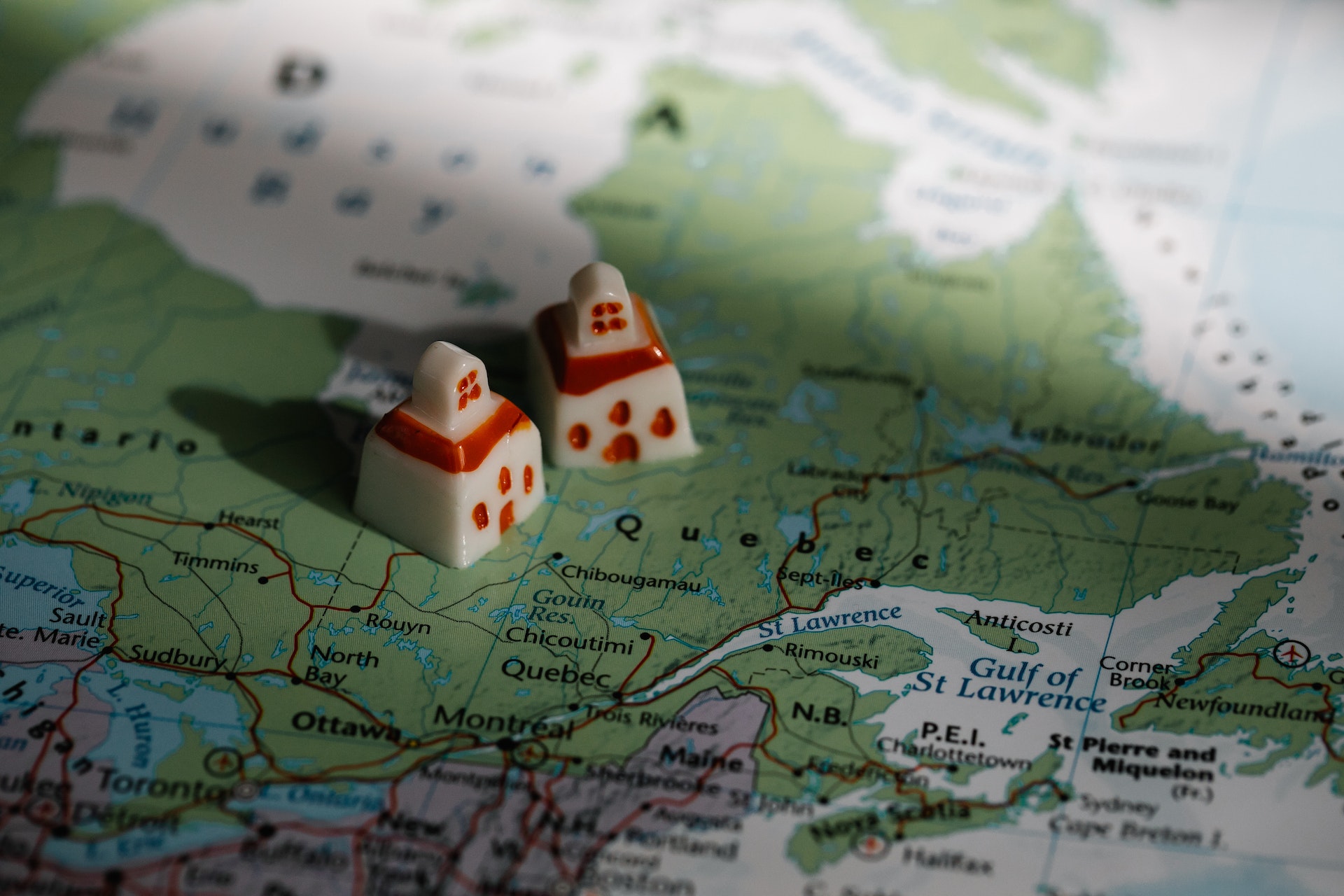For hundreds of years, the French language has been traveling from its berceau historique (historic birthplace) of France, through nearby countries to far-flung continents.
We’ll take a voyage through la francophonie, the French-speaking communities of the world. We’ll stop at ports of call in Europe, Africa, Asia, the South Pacific, and the Americas, exploring the dynamic world of French.
“French” French: The French of France
Even in France itself, the French language is not homogenous. Around the time of the French Revolution, less than half of the French population spoke French! By the time of the Second World War, most French people could converse in standard French. Still, in the mid-20th century, 50% of people in France were still native speakers of a regional language.
France’s patchwork of local languages includes Picard, Basque (Euskara), Jurassien, Breton, Parisien, and Tourangeau. Although these languages are now used less, their legacy has made its imprint on standard French. This influence is heard in regional dialects and accents, such as Parisian, Northern, Meridional (Francitan), and Lorraine French.
European French outside of France
The French language is used in several European countries bordering France.
In Belgium, about 45% of the population are native French speakers, including roughly 80% of Brussels residents. Most Luxembourgers speak fluent French, even though only 16% of the country’s population are native speakers. French, along with German and Italian, is one of the three official languages in Switzerland, where it’s spoken by about a quarter of the Swiss.
French is also found in the Principality of Monaco, Andorra, Italy’s Aosta Valley, and the Channel Islands (including the Bailiwicks of Guernsey and Jersey).
French in Africa
Of the 212 million people who speak French daily, over half of them live in Africa. Many African francophones live in multilingual countries where French is a lingua franca, a literary language, and a medium for business and education.
Some of the other languages spoken in francophone Africa include Wolof, Arabic, Hausa, and Tamazight (Berber), as well as Bantu tongues such as Bemba and Duala. These languages sometimes intermix with French in the marketplace, creating pidgins and creoles.
French in the Middle East
Lebanon is the most francophone country in the Middle East, with about 20% of the population speaking French daily. Beirut, Lebanon’s capital, has been nicknamed “The Paris of the Middle East,” and it maintains many linguistic and cultural ties to France.
While French usage in Egypt is on the decline, research by Nadeau and Barlow for their book, The Story of French, indicates that Israeli cultural interest in the French language is quite high. French lives in the shops, streets, homes, and cultural centers of Jerusalem, Tel Aviv, Ashdod, and Netanya — even though only about 10% of Israelis speak French.
French in Asia and the South Pacific
Although vestiges of French culture linger, only about 1% of the combined populations of Vietnam, Laos, and Cambodia are French speakers. Each of these three countries has a dominant language (Vietnamese, Lao, or Khmer). Thus, there is little need for French as a common language in the former Indochina region.
Conversely, French has flourished in the linguistically dense South Pacific. French is one of the three official languages of Vanuatu. It’s used at home by three-quarters of French Polynesians, and over 95% of New Caledonians speak the language.
French in the Americas
The French language is spoken in a surprising number of countries throughout the Americas. Working to connect these scattered groups of French speakers is Le Centre de la francophonie des Amériques (The Center for Francophones in the Americas).
North America
Québec, Canada, is home to the largest group of French speakers in North America. Acadian French is spoken in Canada’s Maritime Provinces, and Brayon French is found in both New Brunswick and Maine’s Saint John Valley. French even has a presence in Manitoba (Métis French) and Saskatchewan.
In the mid-eighteenth century, French followed large groups of expelled Acadians to the future United States, leading to the creation of Louisiana Cajun culture. In addition, French traders left their trail of French place-names and culture in places like Missouri, Illinois, Michigan, and Ohio.
South America
About 62% of people in Guyane (French Guiana) speak French. The French language is also used in Brazil and Suriname, especially along their borders with French Guiana. The Alliance Française, which promotes French language and culture, is well established in Brazil.
The Caribbean
French has been part of Caribbean life for nearly four hundred years and is still a major language in Martinique, Guadeloupe, Saint-Martin, and Haiti. Besides Standard French, two of the main languages in the French Caribbean are Antillean Creole (sometimes called Kwéyòl or Patwa) and Haitian Creole (Kreyòl).
Haitian Creole arose from the interaction of standard French with West African languages like Gbe and Akan, as well as French langues d’oïl like Gallo and Poitevin.
A Spanish-Carib-French mixture with later additions from African languages and English, Antillean Creole is the national language of Guadaloupe. It’s also used on Lesser Antilles islands like St. Lucia.
Further exploring la francophonie
Algerian-born French writer Albert Camus once said, “Ma patrie, c’est la langue française” (“My country is the French language”). Exploring the francophone world means understanding more about the future of French – and the shared linguistic patrimony of all those who speak it.
Here are a few ideas for learning more about global dialects of French:
- Compare French accent samples from speakers in different countries
- Read a variety of francophone literature
- Peruse Nadeau and Barlow’s The Story of French
- Attend lectures about la francophonie at your local Alliance française
- Connect with a francophone conversation partner
- Enjoy French-language media from around the world
| Francophone Television Channels | |||
|---|---|---|---|
Africa | Europe | The Americas | Worldwide |
|
|
|
|
Spreading outward from the heart of France, the French language leaves traces of its own history within many global dialects, even as it incorporates new words and ideas from cultures around the world.

Improve your French language skills
Lingvist helps you to gain vocabulary faster and more effectively. Get started now and upgrade your language skills.






